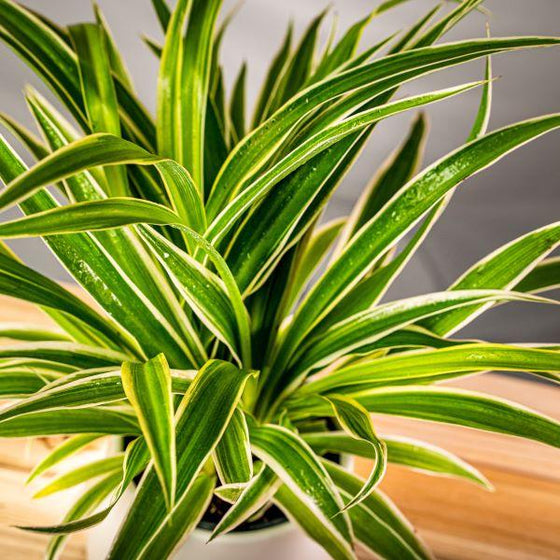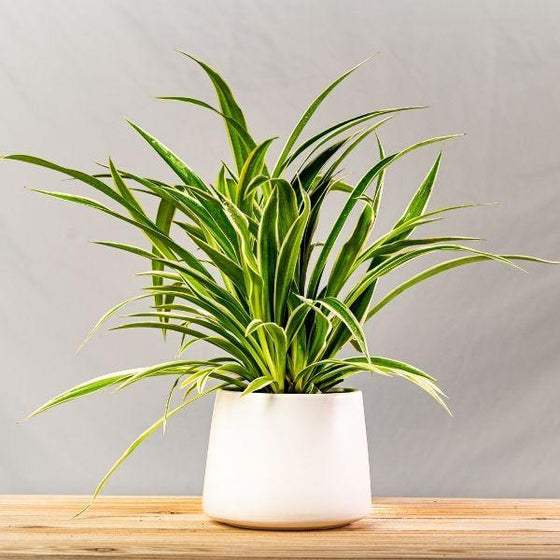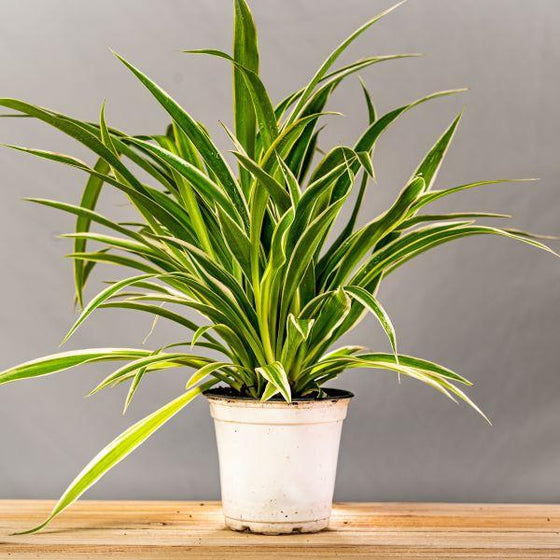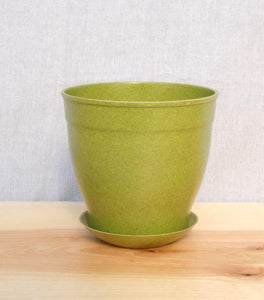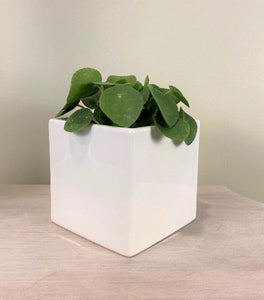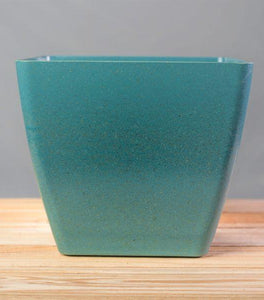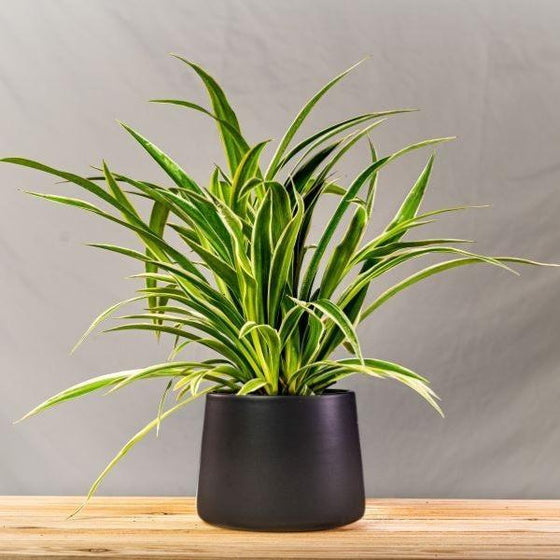
Images Depicted Range in Maturity & Container Size
Pots & Decorations Not Included Unless Otherwise Stated
Spider Plants for Sale Online
Spider Plant or Chlorophytum comosum is a clean air plant that suits any decor. Its lovely arching flower stems look best as a hanging plant. The Spider Plant is an excellent air-purifying house plant and very easy to grow. If you’re new to planting, this is an excellent selection for low maintenance and drought tolerance. This tough plant enjoys moist, well-drained soil and does best in bright indirect sunlight.
Spider Plants produce long shoots that will occasionally produce white flowers in the spring growing season. The small flower stalks of the spider plant become pups that resemble spiders. These spider babies can be propagated and planted once they produce small white roots. The green and white foliage of the spider plant lightens and blends into any decor. When grown indoors, they like fluorescent light to bright indirect light.
*Decorative containers are shown are for display purposes only. All plants are shipped in plastic nursery containers unless otherwise specified.
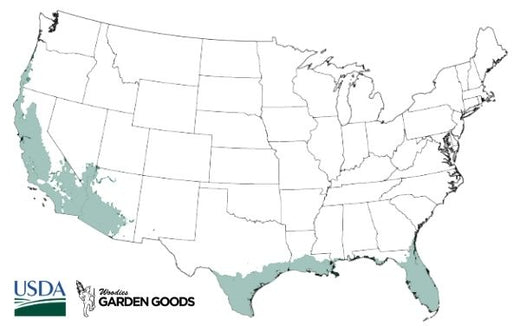
| Hardiness Zone: | 9-11 |
|---|---|
| Mature Height: | 10 to 12 Inches |
| Mature Width: | 12 to 18 Inches |
| Classification: | Colorful foliage |
| Sunlight: | Fluorescent to bright indirect |
| Habit: | Compact habit, insignificant flower |
| Foliage: | Green and white striped |
| Soil Condition: | Likes to dry out some between watering |
| Water Requirements: | If unsure, do not water |
| Uses: | Attractive plant to be featured or in the background of any room in the house, does well with minimal care |
How to Care for Spider Plant
Before you buy a Spider Plant, make sure to read about the recommended care instructions to keep this plant healthy and thriving.

What are the soil and pot requirements for Spider Plants?
We suggest planting your newly purchased Spider Plants into a container 2-4 inches wider and 3-5 inches deeper than the container it is in currently. Use a well-draining potting mix, and be sure to disturb the roots when transplanting. We recommend adding a slow-release fertilizer to the new potting mix. The most common cause of plant death after transplanting is planting the new plant too deep. A good rule is that you should still see the soil the plant was grown in after back-filling the container. Keep in mind that this new potting mix will retain more moisture than the previous container, so watering, in the beginning, should be less frequent.
When should I water my Spider Plants?
Spider Plants should be watered relatively infrequently, as the plants like to dry out occasionally between watering. The easiest way to tell if a plant needs water is by the weight of the container. If the container is heavy and the foliage is upright, chances are good the plant doesn’t need water, whereas a light planter and limp foliage mean the plant needs some water. Sometimes, water pours out of the container without being retained by the soil. Soaking the dry potting soil in a small dish or saucer can be a helpful way to solve this problem. If you’re unsure, it is always better to let the plant go dry instead of drenching it with water.
What type of fertilizer should I use for my Spider Plants?
Fertilizing a Spider Plant must be done in moderation. We recommend feeding your plant sparingly with an all-purpose, complete, water-soluble fertilizer suitable for houseplants. You can also use a granular time-release fertilizer however you are comfortable. Fertilize your Spider Plant once every two weeks during its growing period. Feeding a plant during its growth dormancy could damage your plant. If you notice the tips of your plant turning brown, back off on fertilizer and see if that fixes the problem. Do not worry; they thrive in less-than-desirable conditions and should have no problem bouncing back.

What type of light is best for Spider Plants?
Spider plants do best when they are planted in bright, indirect light. They can tolerate the shade and partial direct sun, but the leaves have a habit of burning when placed in aggressive, direct sunlight. When placed in indirect lighting, the striping on the leaves will be more prominent.

